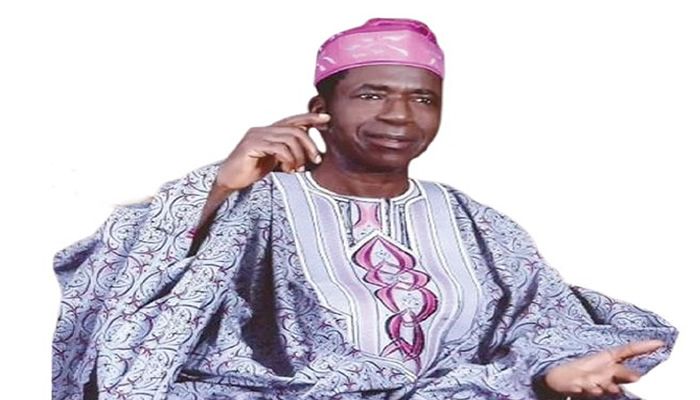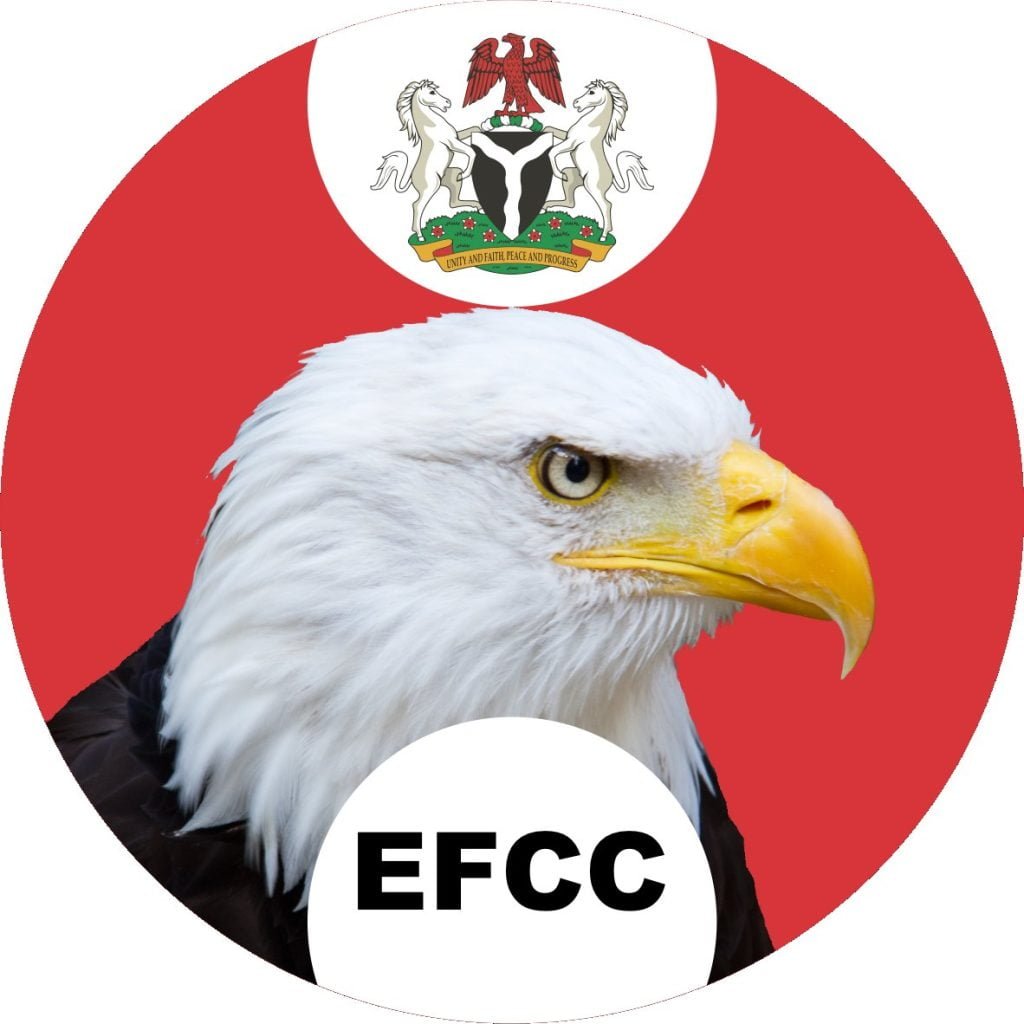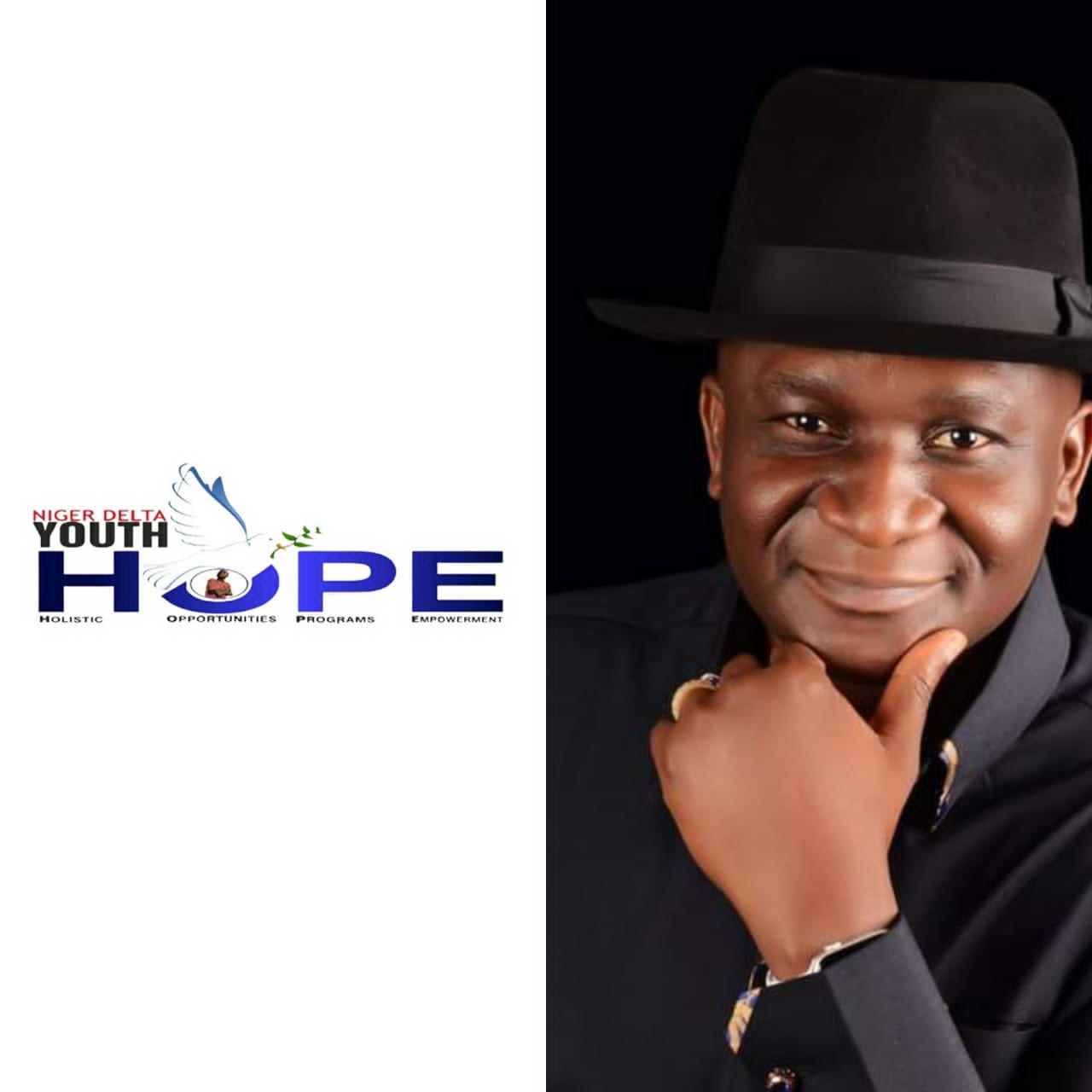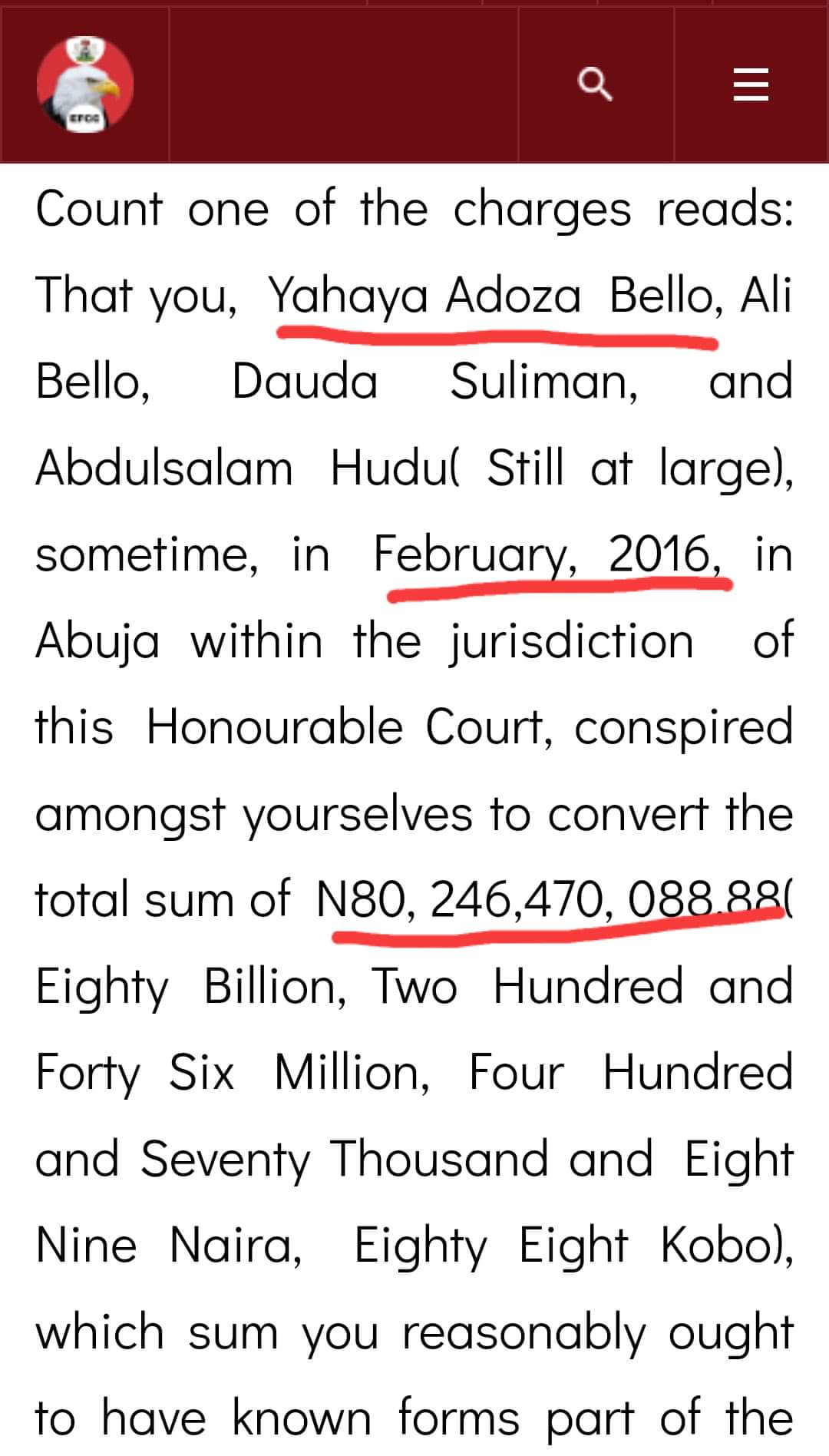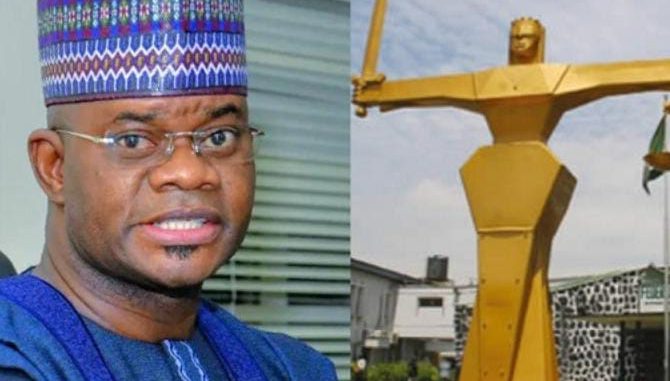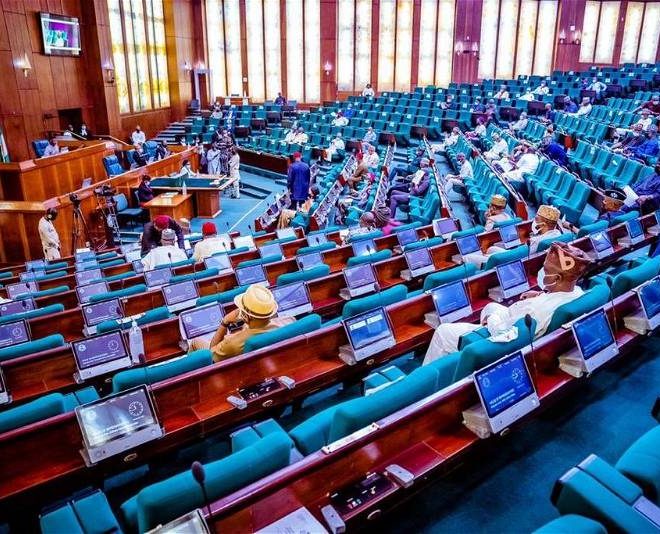Former Minister of Education, Prof. Tunde Adeniran, shares his thoughts on the issue of fake degree certificates from universities in Benin Republic
Can you share your perspective on prevalence of fake certificates from universities in Benin Republic and its impact on the education system in Nigeria?
I believe it shows how far our society has flaws; it is a reflection of the values in that society. Now, people are no longer interested in the knowledge acquired from institutions. In other words, individuals are not interested in getting educated. The essence lies in what is within you and what you acquire through education. That is the purpose of attending certain institutions.
However, in this country, we seem to be giving a lot of attention to paper certificates. People just come and say, “Okay, what we require is the school certificate.” Once you produce it, that is the end. What is required is to pay or whatever it is, and that is undermining the education system. This is why we have individuals, so-called graduates, who can hardly construct sentences, and who cannot write a one-paragraph memo. This is why we are not achieving the real type of development we need. These individuals are just coming with papers, and, of course, none of them is officially connected.
Sadly, some of them have been able to penetrate our system. Therefore, our recruitment processes must be more diligent, careful, and thorough. We also need to realise that we must restructure the entire process to ensure that whatever anybody brings, that person merits whatever is contained in that paper.
If you see someone who has a degree, it is not just that paper representing the degree; it is the intellectual and moral training that goes into the production of such a graduate. However, people now just come from anywhere. We are complaining about people being underpaid, and we are ending up with people not being paid at all.
The issue of fake certificates is a tragedy.
As the former Minister of Education, what advice do you have on how neighbouring countries can collaborate to address the challenge of fraudulent academic credentials?
There are ways in which they can collaborate with us. In the first place, when they know that we are very strict about standards, they will respect us. Additionally, when they are aware of our specific goals regarding human capital development, they will also cooperate. This collaboration occurs at various levels, such as UNESCO and the United Nations. We interact with these organisations and participate in other forums where collaboration is essential.
More importantly, the responsibility lies with Nigerians. We must create a system and arrangement that renders any certificates entering the system meaningless. This approach will discourage people from rushing to obtain such certificates and wasting their money. Some entities issuing these certificates are primarily driven by business motives and do not bear the consequences. It is our Nigerian system that becomes the victim of such imposition, resulting in a form of degradation – intellectual and moral implications included.
Currently, people assign very little importance to the value of education, particularly paper certificates, which is unfortunate. I believe that collaboration will happen, but before that, there must be a foundation for such collaboration.
What specific measures do you think should be implemented regionally to curb the production and circulation of fake certificates?
I believe that, for a start, three steps ought to be taken. The first step is at the National Council of Education; it is an issue that requires special attention. It should be discussed at length so that all the stakeholders in the educational system of Nigeria can address the issue. They should come together and put forward proposals to genuinely deal with the problem because it is not just embarrassing; it is damaging to our system. Once they address this level, they can come up with specific recommendations or policy positions. Then, of course, it will be possible to gain buy-in from all the stakeholders, including those involved in the implementation of whatever is agreed upon. That is one.
The second point is that the entire leadership of the educational system in this country needs some reorientation. We have to reorient our people to appreciate the educational enterprise. It is not just about obtaining paper certificates alone; we want everyone to appreciate the type of challenges that we have before us. Not just from external attacks that we are facing, but also from within the Nigerian system. You will see some people who are trying to cut corners to obtain certain things, such as from magic centers for JAMB, WAEC, and so on. These are issues that need to be addressed.
Thirdly, society at large needs to be oriented. Education is the key to national development. When you do not educate people and merely parade certificates that are not even worth the paper they are written on, the country is in trouble. You will not be able to get doctors who can treat people; you will have individuals posing as doctors who may be killers or murderers. We may have engineers who are not qualified but are constructing structures that will collapse. And, of course, others will not be able to add value to national development in any way. We must take education more seriously.
In your experience, how can educational institutions enhance their verification processes to detect and prevent the acceptance of counterfeit qualifications?
You cannot give what you don’t have. It means that you have to equip the people. There are some agencies, particularly in certain departments that are in charge and are expected, as much as possible, to ensure quality control. In particular, we have inspectors in divisions that need to be strengthened so that they can have the commitment and the skills to actualise the potential we have for quality control. This is essential to carry out verifications, standards, and procedures in our various institutions. This is crucial. Additionally, we also need to ensure that even when they are at work, they are motivated and inspired to do their work correctly. We shouldn’t just have them for the sake of having those departments; those departments need to rise up to meet the expectations of the people.
Certain things are supposed to be done if we have the institutions and structures, but if the human capital to carry them out is not there, it amounts to nothing. So, we have to be mindful of this.
Could you discuss any successful initiatives or strategies you implemented during your tenure to combat the issue of fake certificates in Nigeria?
Some of the steps taken included verification. For years, there was nothing in terms of the exercise that led to ensuring not just quality control but also visitations. There is what we call visitation, and visitation panels are supposed to be established and carried out periodically. This was not just for a decade; it has been over a decade.
I ensured that it was done immediately when I was there, and the observations were collated, and then we acted upon them. Unfortunately, the plaintiff at that time was removed because we had no choice. Then, of course, we had to carry out some reforms, addressing the problem of cultism and some other issues. We discovered all these problems and their causes, and we just had to tackle them. Various agencies had to make sure they were up and doing to ensure that they carried out their responsibilities more than ever before.
What we discovered at that time was that if we carried out some of the things that we needed to do, there would be a repositioning of the educational sector. That was what we did. We also ensured that in our attempt to reform, we looked for the very best. We were not just creating jobs for the boys; we ensured that those people would be able to lead those institutions. They are individuals who are grounded and solid, not just in their background but in their experience. They have the capabilities to carry out the required tasks. We searched for and found the very best, both within and outside the country. We were able to kickstart many initiatives at that time, and, of course, we took off on a very positive and promising note.
From a policy standpoint, what legislative or regulatory changes could contribute to a more robust defence against fraudulent academic credentials?
I believe that what we have on the ground now, in terms of legislation, to some extent, is quite okay, but we can do better. We can tighten up the system in such a way that there are consequences. The problem with our system is that we talk about corruption and corruption in the educational system could be more far-reaching and damaging than in some other areas because that is the very foundation. Once that is compromised, of course, anything else collapses. I believe that there should be consequences when people are caught like that. There should be strict penalties in situations like this so that people do not even contemplate it, knowing that it is a serious crime against the nation. It could be reviewed not just to make it more comprehensive but also to include serious consequences.
The investigation of the Certificate racketeering must be done by a Special Panel, must be thorough, deep and wide to cover various categories and the perpetrators must face the wrath of the law. Reports have it that many of them are presently holding high executive and legislative offices.
As an education leader, how do you envision the role of technology in preventing and detecting fraudulent qualifications in the digital age?
Of course, that is part of the relevance of the use of technology. With the use of the right technology, some of these things could be detected with ease. But once they are detected, what do we do? So, you have to act based on what you have discovered; the consequences are very important. It is not just about finding out; to find out, yes, technology can be very useful. Of course, regarding the technology issue that you have just raised, I think that the government and the Nigerian public should pay more attention to it.
When we talk about technology, of course, we are not excluding mathematicians. Technology without mathematics means we are not going to get the technology that we need. So, from primary to secondary school, there should be more attention paid to mathematics, and this emphasis should continue into universities.
Nowadays, when you see the number of people studying mathematics, is very low, and that is not encouraging at all. We should encourage them to pursue more courses related to mathematics and sciences in general.
What is your reaction to the recent action taken by the Federal Government against foreign degrees from Benin Republic, Togo, and others?
It should go beyond the rejection of certificates and involve thorough investigations. Those who are behind fraudulent activities of issuing fake certificates should be punished. That is why I referred to the fact that we should have measures, and such behavior should have serious consequences.
A Nigerian journalist revealed how he spent approximately N600,000 to get a degree from a Benin Republic institution in just two months, what are your thoughts on this?
Fake certificates from the Benin Republic result from deformities in our system. It is a fraudulent act because if you are paying for education without acquiring that education, it is fraud. As part of what I said, there should be consequences.
What do you think could be attracting Nigerians to Benin to buy degrees when they could attend a programme in any school of their choice in Nigeria?
Nothing else is attracting them to buy degrees or certificates; rather, we are in a certificate-hunting country. We lay emphasis more on paper qualifications without investigating or checking the contents. You will see some people, even now, who have certificates but can’t speak English or write well.
Do you think the problem of buying degrees is from Benin or the corruption in Nigeria that is spreading to neighbouring countries?
It is the corruption in Nigeria that those people are keying into because they know that we operate a very corrupt system, so they are just keying into it and taking advantage of the corruption in our country.
Do you expect heads to have rolled following the discovery rather than the suspension announced by the Nigerian government?
Yes, I expect the head to roll, but that will be after proper investigation, I don’t expect them to just to jump into action without establishing the fact.
The evidence is there already, so they can go into action and those who have patronised them in the past and those who are condoning that type of situation.
Do you think the state of infrastructure is a factor discouraging Nigerians from getting a degree in Nigeria?
Not at all, what we have in Nigeria can be improved upon quite alright, but that is no excuse for people to now to be going out to buy papers, qualifications that do not add value to themselves as individuals or to the system. So, with what we have in the country now, which can be improved upon, people can still earn degrees legitimately without having to buy paper qualifications. CONTINUE READING………………………………
VOICE AIR MEDIA – Osun Online Investigative Reporting Platform Of The Year (2023), Courtesy Osun Online Publishers (OOPA).
FOR your Advert Placement, Press Release, Conference, Featured Story, Interviews, Media & Publicity And Happenings Around You
Contact: 0811142174 (WhatsApp too), voiceairmedia@gmail.com.


